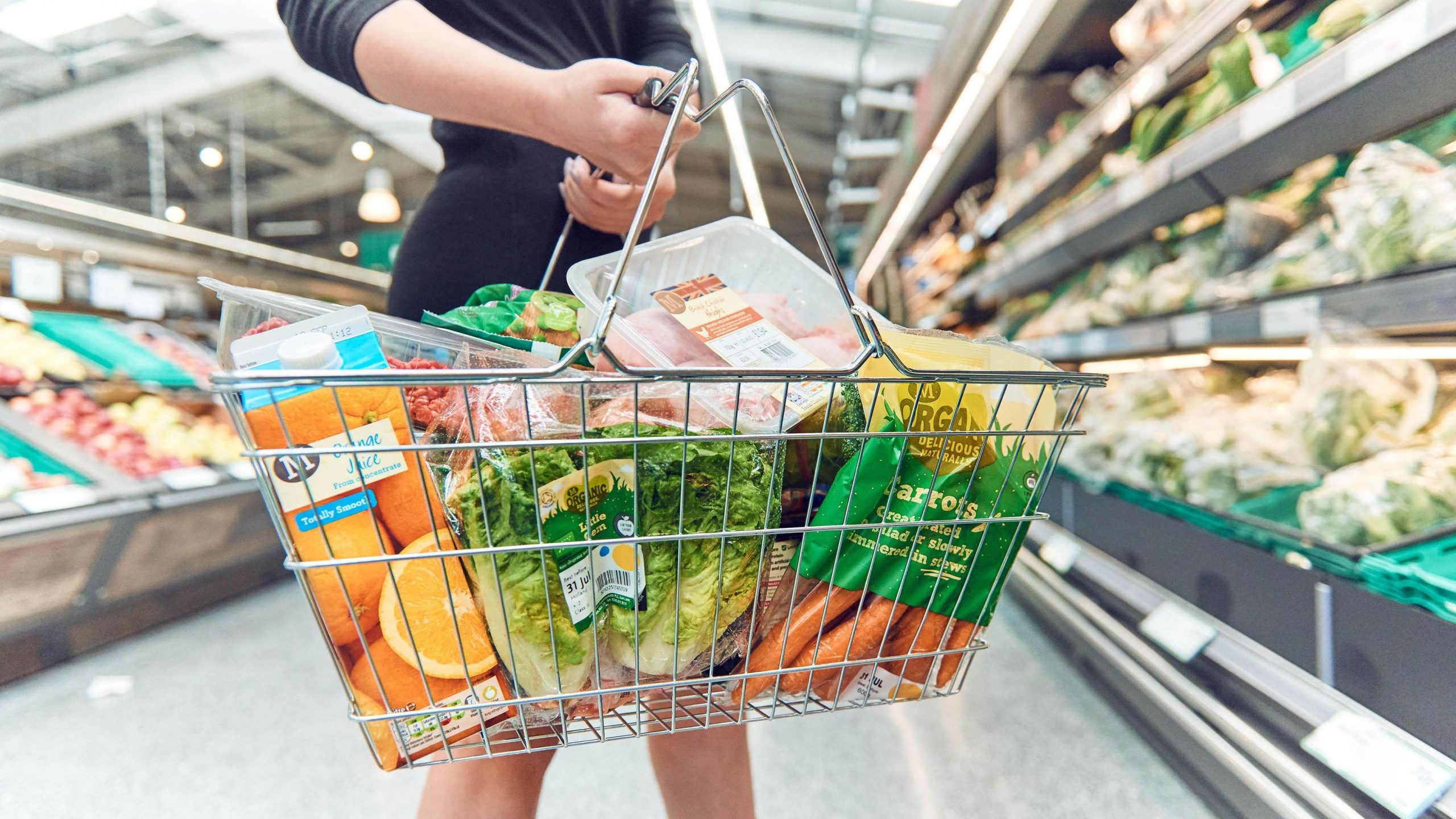The Western population is becoming increasingly aware of the harmful effects of sugar and this also affects multinationals such as Starbucks. The coffee chain announced last month that sales of the frappuccino - consisting of coffee, ice cream, syrup and milk - have declined significantly on an annual basis. Starbucks is therefore forced to close a number of poorly performing stores. According to Starbucks CEO Kevin Johnson, this development is partly due to the trend to consume less sugar. The trend is not just having a negative impact on business. There are also brands that see opportunities in this area and some even know how to benefit from consumers who are increasingly opting for 'less sugar'.
Less sugar means more turnover
Albert Heijn announced earlier this year that it wants to become 'the healthiest supermarket in the Netherlands' and therefore tackled a number of sugary product groups. For example, the sugar content in breakfast cereals was drastically reduced. In collaboration with the Diabetes Fund, the supermarket chain is working towards a larger plan with the aim that by 2020 all AH products will contain 20 billion fewer sugar cubes. Albert Heijn is not the only company that aims to achieve more turnover with less sugar. Coca-Cola already showed a significant increase in turnover in the first quarter of 2018 thanks to its sugar-free soft drinks, and low-sugar brands such as Zonnatura and Spa also saw their turnover steadily increase. Newcomers such as the Nakd brand, which produces low-sugar fruit and nut bars, even managed to double their turnover.
More insight
Although the above developments look promising, it does not mean that the average consumer has a good insight into the sugar content of products. Recent research by the Diabetes Fund shows that many Dutch people completely miscalculate their sugar consumption. Experts point out that it is still difficult for consumers to estimate how much sugar a product contains due to the various 'hidden names' of sugars, such as wheat syrup and fructose. Research published by the University of Wageningen last May shows that a large group of consumers need more insight. The Dutch people who actually read the label of a product (just under half) do this mainly to pay attention to the amount of sugars. This is where supermarkets and brands can take another step, so that consumers are better able to make legitimate healthy choices.
Political measures
Although some food manufacturers and supermarkets are already making efforts to use less sugar in their products, the government must take more responsibility in this area. Calculations by the health institute RIVM show that measures taken by the Ministry of Health have so far had too little impact on sugar consumption. State Secretary Blokhuis of Health previously announced that he thinks a sugar tax is an 'interesting' option and food watchdog Foodwatch Netherlands wants to give him the final push with a new campaign. Their proposal is to allow the excise taxes paid from this sugar tax to flow back to the population and thus make a reduction in health insurance premiums possible, for example. According to the food watchdog, such political measures would ensure that producers are even more stimulated to make healthier products.
It is clear that the above political measures are necessary for the sake of public health. For the food industry and supermarkets, on the other hand, it is an excellent opportunity to not only achieve more profits by tackling social issues - such as obesity and high healthcare costs - but also to profile themselves in a positive way.





